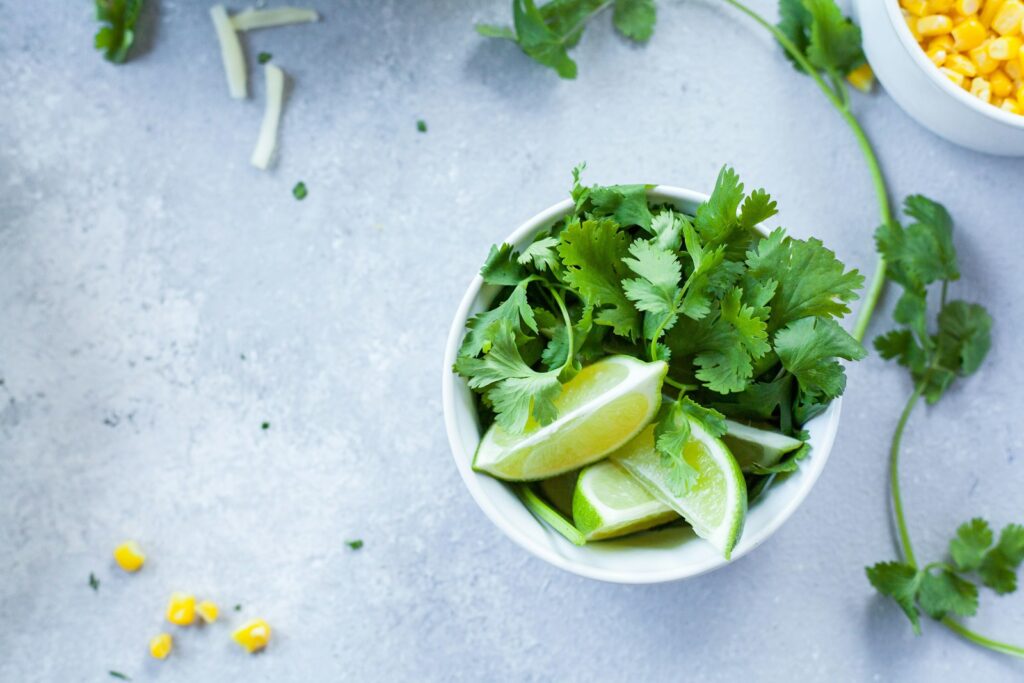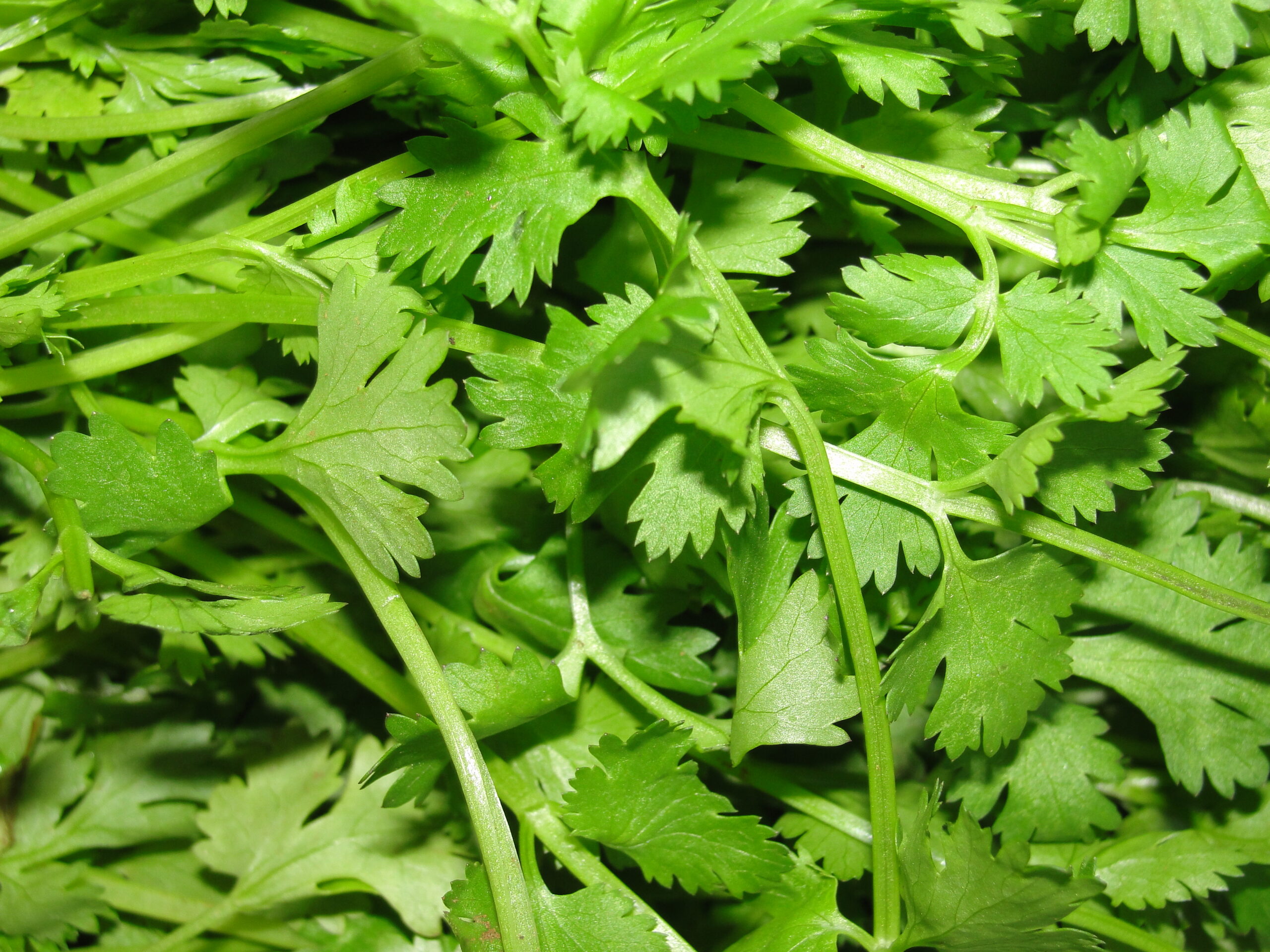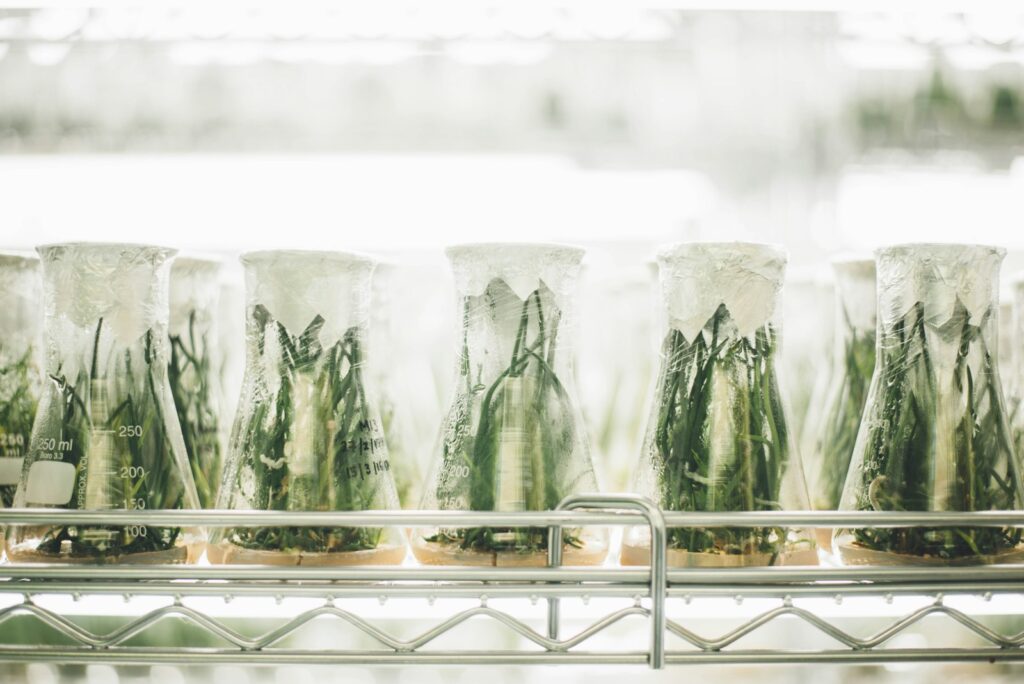When was the last time before coriander was just a spice in the seasoning rack? It is so far in the past. It’s still a cooking contest, a mysterious green thing, and a dinner table divider, still a source of jokes — now between foodies and families. In any case, what is the reason for this disagreement about this spice? Moreover, for those who cannot tolerate it, what does it taste like?
The Genetic Basis of Coriander Taste
We should jump into the universe of coriander and investigate the encounters of the individuals who are liberated from the sudsy taste quality. For the unenlightened, coriander is a flexible spice that is as liable to appear in a lively salsa for what it’s worth in a fragrant curry. It’s the Clark Kent of the culinary world: easygoing and genuine, however with a mysterious character that can either save a dish or send it spiraling into the chasm of the unappetizing.
As far as some might be concerned, coriander is the spice that brings a new, citrusy punch to their #1 dishes. They depict it as having a lemony or minty flavor that can light up even the most unremarkable dinner.
These are the fortunate ones, the rare sorts of people who can sprinkle coriander on their tacos unafraid of a foamy shock. To them, coriander is a superhuman of flavor, plunging in to safeguard tasteless food with its lively, verdant appeal.
And most of us? The ones who, as youngsters, pulled back with dismay at the flavor of this honest spice? For quite a long time, I considered myself a part of the coriander critics, persuaded that even a solitary leaf could demolish a whole dish with its overwhelming soapy flavor. I was never a fan of that taste no matter what. Just never a taste I should have let pass my lips.

A Change of Taste Over Time
Something inexplicable occurred. My young years were spent wandering through and my sense of taste began to change. The sudsy taste that once sent me running from the supper table began to develop in me.
It turned into a bizarre, yet charming flavor that added a novel wind to my feasts. Eventually, I had come around to coriander’s side, becoming one of the (now deserving) coriander fanatics who crowned their plates with minuscule bunches of the formerly detested spice.
And so, it was this person that made me take a closer look at my taste buds. Was the sudsy taste quality from the beginning wrong of me to have been? Was I of the very hereditary minority that finds coriander so over the top?
A new TikTok profound jump simply added to my disarray, as I watched individuals depict coriander in manners I had never envisioned. Citrusy? Lemony? Minty? These were not words I could at any point use to portray my involvement in coriander. As far as I might be concerned, it was as yet lathery, though in a strangely lovely way, with a botanical suggestion that I had come to appreciate.

The Environmental and Cultural Influences on Coriander Taste
Digging into the hereditary complexities of coriander insight, we end up at the core of a captivating organic problem. The hereditary premise of coriander taste is a complicated embroidery woven from our singular DNA strands.
It’s an account of tangible discernment, where a solitary spice can pose a flavor like two completely various substances to various individuals.
For those without the purported ‘foamy taste quality,’ coriander is an explosion of newness, a touch of citrus that moves on the sense of taste with a vivacious, practically bubbly quality. It’s a flavor that is both fortifying and soothing, suggestive of a fresh morning breeze injected with the embodiment of lemon and mint.
What might be said about the people who have experienced childhood in conditions where coriander is certainly not a staple? The hereditary inclination to loathe coriander might be less common in locales where spice is the foundation of the cooking.
This proposes that social openness and rehashed experiences with coriander can impact our taste inclinations, possibly superseding our hereditary tendencies. It’s a demonstration of the force of climate and involvement in molding our culinary scenes.

The Role of Science: Genetics and Perception
The science behind this hereditary gap is established in the olfactory receptors, especially the OR6A2 quality, which is profoundly delicate to the aldehyde intensities tracked down in coriander. These aldehydes are additionally present in cleansers and moisturizers, which makes sense as to why certain individuals are hereditarily designed to connect the flavor of coriander with the disagreeableness of cleanser.
The disclosure of the OR6A2 quality and its job in coriander taste discernment is a leap forward in understanding the reason why this spice separates us. It’s a window into the universe of taste and smell, a brief look into how intently these two faculties is interlaced. The way that a solitary nucleotide polymorphism can significantly affect our taste inclinations is a wonder of human science.

Nature, Nurture, and the Evolution of Taste
The story doesn’t end with hereditary qualities. The climate likewise assumes an essential part in our taste discernments. The quantity of cells that can distinguish each smell or taste is altogether affected by the climate in which we grow up.
This implies that regardless of whether we have the hereditary inclination to despise coriander, our current circumstance can prod us towards an alternate encounter. It’s a lovely exchange between nature and support, a dance between our hereditary cosmetics and the world we live in.
The excursion from coriander skeptic to sweetheart, as experienced by some, is a demonstration of the flexibility of our taste buds. It’s an update that our palates are not static however are fit for development and transformation.
The leathery taste that once repulsed us can turn into an idiosyncratic, charming quality that adds profundity to our dinners. It’s a culinary experience, a journey of revelation that challenges our predispositions and frees us up to new gastronomic skylines.
Related posts:
The Genetics of Coriander’s Soapy Taste
A genetic variant near olfactory receptor genes influences cilantro preference – Flavour
Chalky spinach, soapy cilantro: 5 weird food phenomena explained



